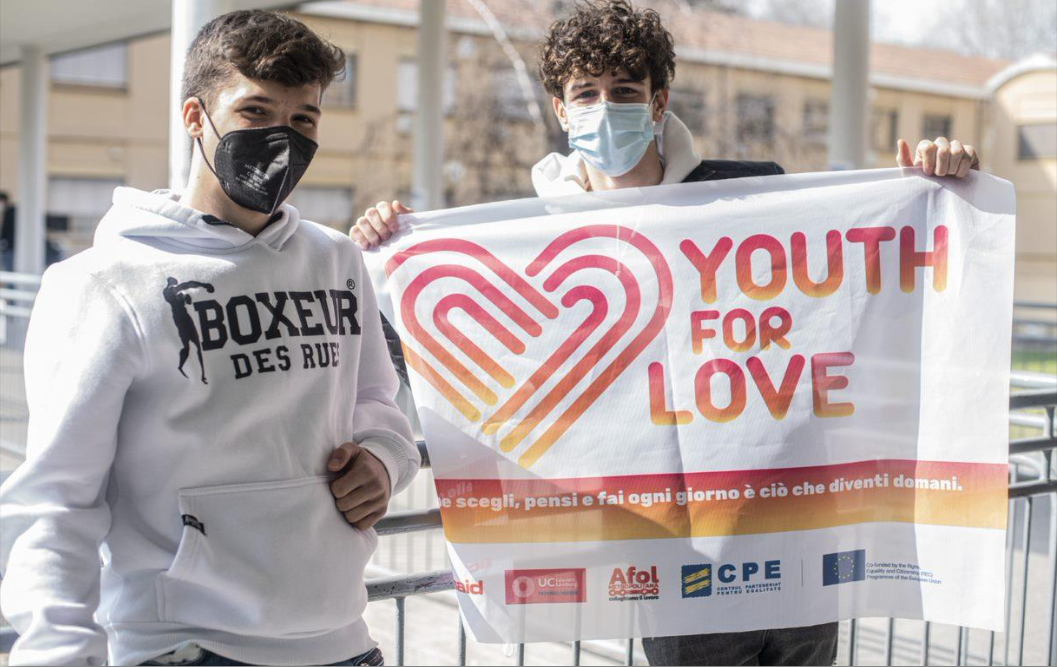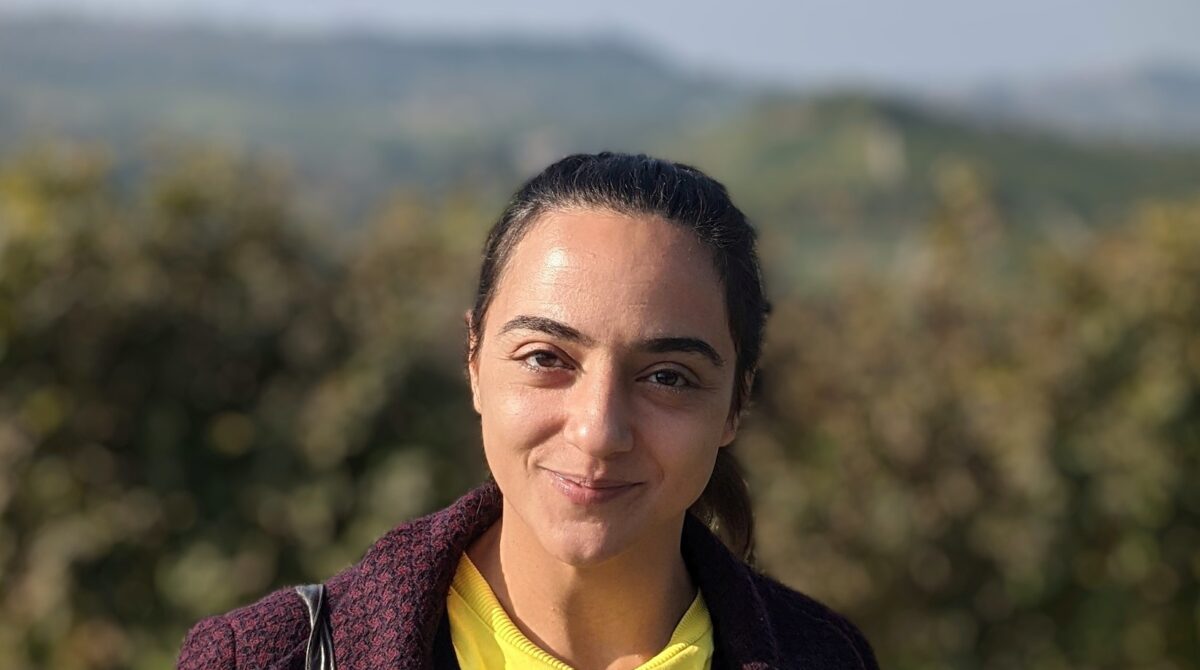Recently we celebrated the International Day for the Elimination of Violence against Women (November 25). You focus on peer and gender-based violence prevention among teenagers. What is the current situation in Italy?
Teenagers are most at risk for peer violence and don’t have many possibilities to be heard. High schools offer only a few activities on prevention because they focus more on lesson contents and curricula, and at times they overlook issues affecting the overall well-being of young people.
Research can’t offer organic and statistical data on violence among teenagers because in recent years priority has been given to data-gathering on bullying and cyberbullying.
That is why, by observing groups and administering questionnaires in the schools where we work, we try to understand how violence directly or indirectly affects boys and girls. Of course the results vary slightly depending on how vulnerable each context is.
The results show that the majority of cases deal with psychological violence, expressed through comments on physical problems or on one’s origin. Usually individuals are “attacked” by a group of peers; furthermore, online violence is increasing dramatically and it is often not recognized because it is not perceived as actually real. The numbers of youth witnessing violence are very high.
Girls report that, especially in vulnerable contexts, violence happens every day and is expressed through language and behaviors.
Nowadays teenagers talk, if they have a space to do it, and are not afraid to discuss both their problems and their own violent behaviors. This is a difference with the previous generations, for whom violence was almost a taboo… you didn’t talk about things like that.
Another important point that was underlined in our experience is that, contrary to common belief, teenagers ask for their parents’ support when they are subjected to violence. Therefore families still play the most important role. Teenagers also ask teachers for help, especially the most empathetic ones.
The “Youth for Love” project, financed with the 8×1000 funds of the Italian Soka Gakkai, focuses on prevention, developing awareness-raising activities for students and teachers. What preventive actions can be taken to combat gender-based violence?
For us, prevention starts at school.
First of all we take stock of the school’s characteristics and actions already implemented to combat gender-based violence, if any.
The next step consists in class workshops implemented over several years. Some workshop modules are carried out directly by the teachers who participated in our training sessions, with the support of an Action Aid educator.
The workshops use an active listening participative methodology. In the first phase we work on how to combat stereotypes, which are highlighted through role-playing games and cooperative learning activities.
Another part of the workshop focuses on the various forms of violence. For example, starting from the image of the violence iceberg, we discuss visible and invisible forms. We have noticed that in this phase the impact of online violence strongly emerges.
The last part focuses on how to tackle violence and what tools can be used in different situations. We analyze what can be done by each of us as individuals, and as a group.
Here we discuss existing opportunities and local services and at times we invite external guests, e.g. a local government representative or an operator from a youth center or an Anti-Violence Center.
The third project component focuses on training teachers through immersive workshops, so that they can internalize methodologies and topics and then keep working with their classes even after the project ends.
The project also deals with school procedures, to improve those poor management issues that give rise to mechanisms that actually harm the persons who experience violence and those who perpetrate it. We suggest a basis that can be included in school regulations and then we discuss it with teachers and listen to students’ ideas. They often ask for self-managed spaces, discussion opportunities, peer-to-peer activities and more tutors with whom they can discuss these issues.
The project requires that the boys and girls who take part in the workshops then share their experience with younger students and with the community.
Thanks to this project financed with the 8×1000 funds of the Soka Gakkai, we will also work a lot on broadening the network of associations that are actively combating and preventing gender-based violence.
Based on your experience, what is your advice to a boy or a girl who is subjected to gender-based violence, or a person who is very close to the victim and witnesses violence? And how can a person who is perpetrating gender-based violence be helped? Is there a meaningful story that you would like to share?
I would suggest to identify trustworthy people within the family or at school with whom one can share this painful experience. It is very important to raise awareness on this issue so that the victims of violence don’t feel they are the only ones experiencing this and are able to share it.
We shouldn’t be afraid of stopping violence; especially in serious cases it is important to act timely, oftentimes the situation spirals from verbal to psychological to physical violence.
Currently police forces are not trained as regards teenagers, while services such as Anti-violence Centers have more tools and know how to approach them.
For those who act violently, the point is that they shouldn’t be criminalized. Those who perpetrate violence are experiencing problems and project them onto others through violent actions, so it is on those actions that we need to work hard. The context where one has grown up is very important, how much discrimination one has experienced. Many forms of violence stem from cultural contexts.
I would like to share the work done with a class that led to reporting violent acts perpetrated by adults.
The victims reported the violence supported by their classmates.
We are satisfied because the school reacted according to the procedures we had discussed with them, focusing on the protection of the students.
Aware of the violent acts that were perpetrated, the students organized a demonstration and this showed us that we had done a good job working on being aware of their rights and also of the actions they can take to combat gender-based violence. Following this experience, we want to keep working at the “Youth4love” project to help young people and teachers deal with gender-based violence through new teaching methodologies and educational tools that can raise awareness on the issue and help make sure that any form of violence becomes unacceptable.

